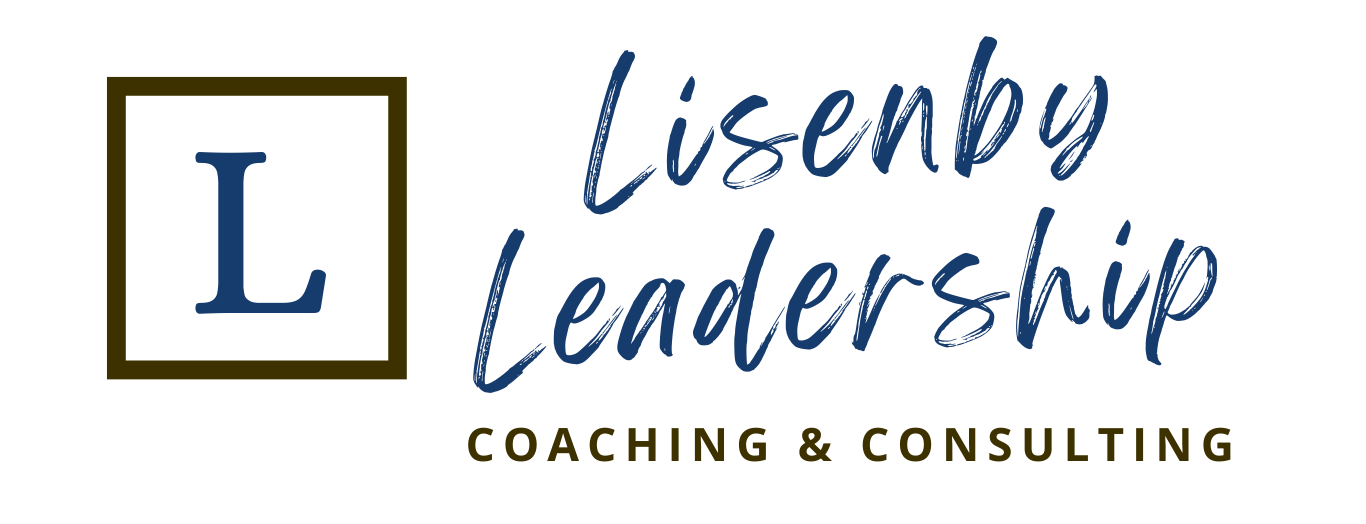Our Services
Coaching and consulting services can be tailored to your individual or business needs, providing confidential support while promoting professional and personal development, individual performance, team collaboration, and organizational success.
We know, as a leader, you can’t pour out what’s not inside.
So, don’t let your “leadership cup” dry up!
Our three core services are designed to help keep your cup full.
-
Custom Leadership Development Programs fuel professional and personal growth, team cohesion, and organizational focus.
Tailored programs for organizations can include team workshops, one-one-one and team coaching, culture consulting, and executive retreats.
Here are some of our workshop offerings.
Leadership 101 for New and Emerging Leaders
Understanding Personality in Leadership
Emotional Intelligence in Leadership
Effective Communication and Conflict Management for Leaders
Emotional Wellness in the Workplace
Developing Highly Effective Teams
Coaching Skills for Leaders
Priorities, Necessities, and Goals in Leadership
Core Values and Decision-Making in Leadership
Executive Leadership Team Development and Planning
-
Six-month 1:1 Leadership Coaching Program to support new learning, stress management, clear focus, and intentional action.
Bi-weekly or monthly meetings, in-person, virtual, or by phone
Safe space for confidential discussions
Personalized coaching to meet individual needs
Emotional Intelligence and Livstyle personality assessments (others are available)
360 Leadership Assessment
Exploring and improving self-management, leadership skills, and team dynamics
Uncovering blocks to growth and performance
Objective perspectives and supportive accountability
Tailored homework to achieve unique goals
-
Custom solutions for assessing and improving your team’s levels of trust, psychological safety, values clarification, commitment, and performance.
Consulting services typically include assessments (in-person and data-focused) and specific recommendations for improvements toward identified organizational, team, or personal goals.
Below are some culture workshops and related services offered.
Bringing Core Values to Life through Core Behaviors
Trust - Understanding it, Protecting it, and Building it.
Psychological Safety at Work - Works!
Stay Interviews (Why do you stay and what might cause you to leave?)
Skip level listening sessions (direct supervisor is deliberately absent so team can dialogue with senior leaders)
360 Leadership Assessment
Culture Assessment with Listening Sessions and Surveys
How the Coaching Process Works
Step 1: Learn
Learn about the coaching process and decide if it’s a good fit for you and/or your organization.
Executive and leadership coaching provides:
a confidential and supportive relationship
research-informed concepts and strategies
a self-directed learning model
tailored support based on individual needs and goals
empowering leaders and teams for personal and professional development, improved relationships, and maximizing performance and effectiveness.
Coaching focuses on collaboration with leaders to help them experience:
new thinking and understanding
improved emotional intelligence
new approaches and accountability
new and better results.
Dr. Lisenby’s coaching approach incorporates values-centered clarification (including faith-based when desired by client), vision/purpose and operational alignment, positive psychology, elements of Cognitive Behavioral Therapy, Emotional Intelligence, interpersonal relationship dynamics, communication theory and skills, organizational management principles, change principles, and adult learning theory.
Step 2: Understand
Understand the unique qualities of the coaching experience compared to other professional services.
Coaching is different from consulting (assessment and recommendation/advice giving), mentoring (passing on wisdom and guidance based on my past experience and successes), and therapy (guiding someone’s emotional healing through diagnosis and treatment).
Coaching often begins with personality assessments (and culture assessments or 360 assessments) as well as consulting with Human Resources (as needed or requested) before beginning regular coaching sessions. Beginning with these steps brings clarity to understanding the client, team, and organizational dynamics and to developing a collaborative plan with the client for the coaching process.
Coaching is most effective when sufficient time is set aside for the chosen goals and desired outcomes. For both individuals and within organizations, six months is the minimum recommended time commitment for coaching effectiveness. Once the benefits of coaching are experienced by key leaders, ongoing coaching is often requested for continued leadership support
Coaching focuses on the following core principles and assumptions:
Coaching is values-driven. Coaching assumes that each person in the relationship is guided by his or her values and beliefs. It is essential to clarify and follow one’s core values and beliefs if development and change are to be achieved.
Coaching is client-directed. Coaching is designed to address issues the person being coached would like to consider. These topics could include (but are not limited to) business or career development, leadership development - individually or teams, relationship enhancement, emotional intelligence, lifestyle or time management, life balance or transitions, decision making, ministry development, and achieving short-term or long-term goals that are important to the client.
Coaching is not a substitute for other professional services. Coaching is not therapy, counseling, advice-giving, mental health care, or treatment for substance abuse. The coach is not functioning as a licensed mental health professional, and coaching is not intended as a replacement for mental health counseling, psychiatric interventions, recovery from past abuse, professional medical advice, professional financial or tax advising, legal counsel, or other professional services. Should the coaching client identify a need for additional professional support of any kind – the client assumes full responsibility for seeking out additional professional care or advice.
Coaching requires commitment. Coaching will most likely be an ongoing relationship that may take a number of months, although either party can end the coaching relationship at any time. Although in-person meetings are preferred, some or all of the coaching may be through telephone or video-conferencing contact. Email will be used primarily to arrangement appointments and provide brief exchanges related to updates, questions, or payments.
Coaching support is wide-ranging. Coaching interventions can involve brainstorming, values clarification, questioning, the completion of assessments and questionnaires, the completion of written assignments, education, goal-setting, exploring motivations, skill development, identifying plans of action, accountability, making requests, agreements to change behavior, and examining lifestyle choices.
Coaching effectiveness is built on honesty and respect. Coaching is most effective when both parties are honest and straightforward in their communication.
Coaching is confidential. Coaching is a confidential relationship and the coach agrees to keep all information strictly private, except in those situations where such confidentiality would violate the law or endanger someone’s life.
Coaching is a worthwhile investment of time and resources. The coaching fee is discussed prior to services beginning. The fee must be prepaid or paid at time of service unless another arrangement is in place (such as provided by your employer). Twenty-four hours notice is required if client wishes to cancel or reschedule an appointment.
Step 3: Request a Consultation
If you’re ready to take steps to improve your personal and professional abilities, consider reaching out for a free consultation.



